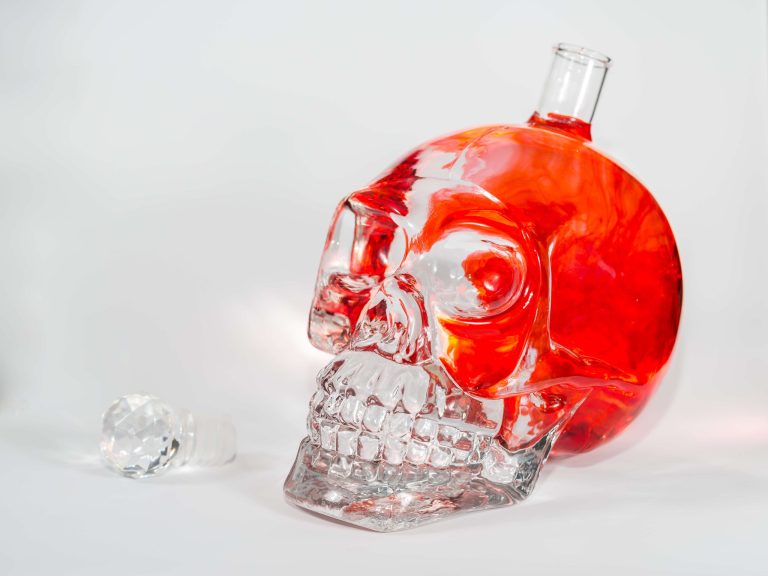Content
Complete the form and a treatment advisor will contact you at the number provided. Sought through prayer and meditation to improve our conscious contact with God as we understood Him, praying only for knowledge of His will for us and the power to carry that out. Made a decision to turn our will and our lives over to the care of God as we understood Him. John C. Umhau, MD, MPH, CPE is board-certified in addiction medicine and preventative medicine. For over 20 years Dr. Umhau was a senior clinical investigator at the National Institute on Alcohol Abuse and Alcoholism of the National Institutes of Health (NIH).

You are encouraged to find a sponsor in 12-Step programs. Your sponsor is a person who will help you maintain your sobriety, help you with your program, and guide you through your 12-Step work. They are your direct line of help in a difficult situation. Bill Wilson and Dr. Bob Smith, the two men who founded AA in 1935, drew their inspiration for the Twelve Steps from the Oxford Group. They believed that all problems rooted in fear and selfishness could be changed through the power of God by following the "Four Absolutes"—a moral inventory of "absolute honesty, purity, unselfishness and love"—and through public sharing/confession.
What to know about the 12-step program
Al-Anon Family Groups A self-help program for families and friends of alcoholics, regardless of whether the alcoholic is seeking help. This site also has links to Alateen, a program that helps teenagers. These closed meetings are devoted exclusively to understanding the meaning of one of the 12 steps. Continue the process of taking a personal inventory (begun in step 4). Part of the recovery process involves reflecting on your past and writing a life history. The key to this process is taking accountability for actions and decisions.

The traditions are defined in the Big Book, the main governing literature of Alcoholics Anonymous. Most 12-Step groups have also adapted the 12 traditions for their own recovery plans. Co-Dependents Anonymous (CoDA) addresses compulsions related to relationships, referred to as codependency. Demographic preferences related to the addicts' drug of choice has led to the creation of Cocaine Anonymous, Crystal Meth Anonymous and Marijuana Anonymous. Behavioral issues such as compulsion for or addiction to gambling, crime, food, sex, hoarding, getting into debt and work are addressed in fellowships such as Gamblers Anonymous, Overeaters Anonymous, Sexaholics Anonymous and Debtors Anonymous. There are numerous ways to describe the essence of the 12 Steps.
What is the 12 Step Program for Recovery?
Researchers have also explored whether ethnic minorities participate in and/or benefit from traditional 12-Step groups in the same way as Whites. Similar to described for women, ethnic minority groups also may view 12-Step group meetings comprising primarily majority White members as less welcoming and supportive. However, there does appear to be evidence that ethnic minorities may involve themselves to the same extent in and derive comparable benefits as Whites from 12-Step programs (Hillhouse & Fiorentine, 2001).
- Step 12 asks a person to continually review their behaviors and admit to being wrong if or when such is the case.
- Narcotics Anonymous (NA; 2010b) has similarly expanded to become an international network of support groups, with more than 58,000 weekly meetings in 131 countries.
- 12-step integration has been recognized as an evidence-based practice (EBP) by the Department of Mental Health and Addiction Services (DMHAS) agency.
- You can take on a job at the meetings, such as making coffee, setting up or breaking down the chairs, or driving someone who does not have transportation to and from meetings.
- Despite the benefit that can be derived from attending meetings and engaging in 12-Step activities, many individuals with SUDs are reluctant to do so.
It should not be used in place of the advice of your physician or other qualified healthcare providers. Recovery Center of America hosts 12-step drug treatment programs for members of the local community in well-appointed, safe, and comfortable meeting rooms. RCA’s services work to fight the issues of addiction treatment by offering a complete range of detoxification, residential, and outpatient care. We incorporate the 12-step approach to all client treatment at Turning Point of Tampa.
Virtual Services
The 12 Steps outline a path to spiritual progress through a series of actions designed to elicit what The Big Book of Alcoholics Anonymous refers to as a “psychic change” – a complete mental, emotional, and spiritual shift in perception. We admitted we were powerless over alcohol — that our lives had become unmanageable. Self-report information collected by AA, NA, and CA suggests that the median length of abstinence among currently-attending members is five years.
These programs offer people support in abstaining from alcohol and drug use for life. Because lifelong abstinence is a significant challenge, the programs encourage people to take it “one day at a time.” Members are advised to attend regular meetings and talk about their challenges without revealing their last names (a practice known as “anonymity”). The 12-step program is a strategy for overcoming alcohol use disorder and other substance use disorders. It uses 12 distinct steps to guide people toward recovery. Today, that 12-step program is known as Narcotics Anonymous (NA), but there are other programs that focus on mental health conditions, such as eating disorders, and maladaptive patterns of behavior, such as compulsive gambling. Unlike motivational enhancement approaches which appeared to benefit those with little prior 12-Step experience (Kahler et al., 2004), MAAEZ appears to be more helpful with individuals who have had more prior experience with 12-Step programs.
In a review into drug treatment services, Dame Carol Black warned that publicly provided drug recovery services are “on their knees”, while drug-related deaths in England and Wales are at an all-time high. Across England, many local authorities have seen their budgets for addiction services slashed since 2015 as councils struggle to balance the books. According to The American Society of Addiction Medicine, 12-Step recovery programs sober house offer a proven approach that addresses a person’s psychology, spirituality, and personal values. These programs encourage connectedness to others, a willingness to engage with others, and the courage to humbly ask for help. Anyone motivated to recover and maintain sobriety can benefit from a 12-step program. If you regularly attend, participate and engage in meetings, you’re more likely to experience success with the program.
